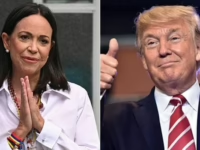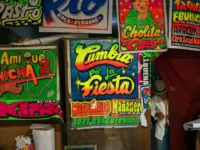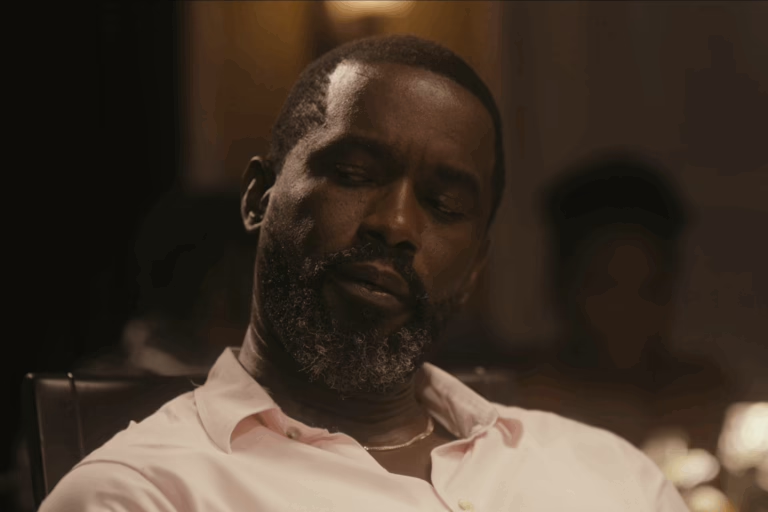If you had the chance to step into any film’s universe, which one would you pick? Some might be drawn to the festive charm of ‘Christmas in Lagos’ or the heartfelt romance of ‘Isoken’. Others could prefer the lively drama of ‘The Wedding Party’ or the mythical allure of ‘Anikulapo’. Yet, filmmaker Kevin Ansi, known as Kevans, seeks something far from comfort or love-he craves the turmoil, authority, and ethical dilemmas portrayed in Kemi Adetiba’s gripping thriller, ‘To Kill a Monkey’.
For Ansi, ‘To Kill a Monkey’ transcends mere entertainment; it acts as a mirror reflecting the harsh realities of Nigeria. This intense thriller, woven with themes of avarice, treachery, and the fight to endure, encapsulates the ongoing struggle between survival and morality faced by many Nigerians daily.
In this feature of Nollyphile Life, Ansi shares what captivates him about the film’s raw energy, the aspects of his identity he’d have to relinquish to exist within that world, and the transformation he envisions undergoing in such an environment.

If you could immerse yourself in any movie’s world, which would it be?
That’s a tough question, but I’d choose ‘To Kill a Monkey’.
What draws you to ‘To Kill a Monkey’?
The film portrays themes of dominance, greed, and betrayal with unfiltered honesty. It reflects the dual realities of Nigeria-the lives of the elite contrasted with those of everyday citizens. This stark division is vividly captured in the movie, resonating deeply with me.
Which elements of the plot or characters inspire you to live in that setting?
Efemini, the lead character played by William Benson, is what truly pulled me in. His constant battle between doing what’s right and simply surviving is compelling. He’s far from a flawless hero; his morally ambiguous decisions reflect the complex choices many face in real life.
Experiencing his world firsthand would force me to confront those ethical uncertainties head-on. Sometimes, it’s enlightening to feel that tension personally rather than just observing it from a distance.

How do you think living in that environment would affect your real-life perspective?
It would make me tougher and strip away any sense of ease. Reflecting on the late ’90s and early 2000s, survival was a daily reality, and people had to be resourceful to get by. Unfortunately, many Nigerians today have grown complacent.
Being immersed in that world would reignite a survival mindset, sharpening my resilience and vigilance. It would push me beyond comfort zones, fueling a relentless drive to persevere regardless of the obstacles.
Is there a particular scene from the film you’d want to live through?
The moment when Efemini confronts his close ally Oboz after a betrayal stands out. I’ve never faced such a profound breach of trust, but I’m intrigued by the emotional and psychological impact of having someone you deeply rely on turn against you. It’s not about wishing for pain but understanding its effect on a person.
Conversely, which scene would you prefer to avoid?
The violent outbreak following the betrayal is something I’d steer clear of. Violence isn’t in my nature, and I doubt I’d cope well with that chaos. Even if circumstances pushed me toward it, I’d rather evade that confrontation entirely.

Do you believe you’d flourish or falter in that film’s universe?
Ultimately, I think I’d find a way to thrive, even if it took time. Resilience is something I deeply value. In that harsh environment, adaptability and grit are essential for survival. You either evolve or get consumed by the system, and I’d choose to adapt and succeed.
If given the chance, how would you alter the ending of ‘To Kill a Monkey’?
In my version, Efemini would resist succumbing to greed, but he’d still carry the weight of his past choices. Sometimes, the most profound punishment isn’t death or loss-it’s living with the consequences of your actions. Surviving that internal struggle is the true challenge.






















0 Comments